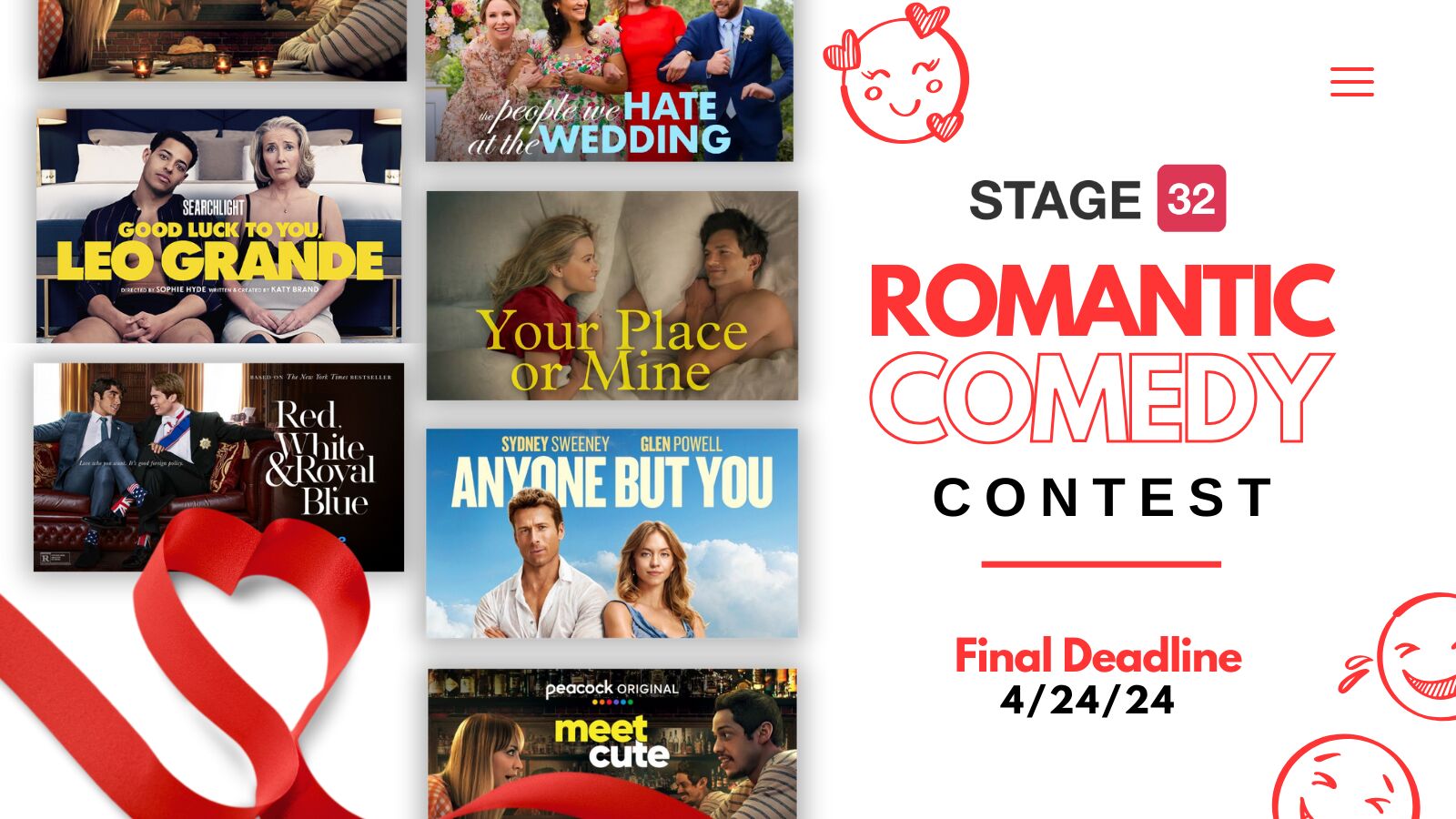The viewer sometimes roots for the villain. And mostly roots for the hero. Hitchcock called it the MacGuffin. As the audience, we all appreciate the conniving villain, only because of the pleasure it gives us to defeat him (her) at the end. Shakespeare was a master at this. Often times, the villain was a woman.



1 person likes this
A good villain needs to be the hero of their own story. They need to be working from a position of logic. If this is in place we will relate to them.
If you can relate to them they will be believable.
A good villain is needed to make your hero look great.
Sadly, most villains are cardboard cut outs. The audience, if you write a good villain, is transfixed. They want them to evil, and be caught. In a way, it's a romance.
Great break down Craig! I'd have to agree.
I admit, sometimes I find myself rooting for the villain to win.
The classic villain reply is:"You and I are the same/We're not that different!" or something along the line..
Actors love to play the villain. they basically control the plot.
but i hated Meryl Streep in the Devil Wears Prada. her cruelty. Her narcisstic demeanor the way she treated a nice person I never rooted for her it's BLUE you f ing she was trying to get ahead
Paul Norman Rich but you remember her. Plus you can see how her cruelty was a defensive position. She ran her PA down about the blue sweater to prove she had all the power in the room.
She also gets great staff by having the reputation of being evil and never settling for second best. She is an incredibly strong character. From a writing POV I think she is great. She is the corrupting force to an idealistic young woman.
the Devil Wears Prada was about an inscrupulous evil villain. i could never write such a manipulating as Amanda Priestly. but in the end .... a perfect villain. It is difficult for me to write women who are mean like that.
when Miranda broke down in the Devil Wears Prada, I wanted her to feel pain. But a good villain makes you feel sympathy. I felt sorry for her. https://www.bing.com/videos/search?q=miranda+priestly+breaks+down+youtub...
1 person likes this
You might want to look that up, Paul, I don't think that's the correct interpretation of a MacGuffin.
The antagonist does not exist to be villainous but rather to obstruct the protagonist’s path toward getting what they want. Wreck it Ralph was his own antagonist in the sequel, which came to be displayed visually by the end of the movie. For a time Yoda was an antagonist, because he forced Luke to recon with the temporal connections that kept him from fully realizing his abilities. So a good antagonist capably obstructs the protagonist. Good or evil should be an afterthought, though we often interpret an antagonist as evil because of our own inclinations to vilify people who keep us from getting what we want.
And yeah, that’s not what MacGuffin means.
I know. Audiences love the villain. And hate the villain. It is very confusing to write a good villain. . but actors love to play them.
"Elijah Prince: Now that we know who you are... I know who I am. I'm not a mistake! It all makes sense. In a comic, you know how you can tell who the arch-villain's going to be? He's the exact opposite of the hero, and most time's they're friends, like you and me. I should've known way back when. You know why, David? Because of the kids. They called me Mr. Glass."
1 person likes this
Filmcourage on youtube gives lots of insight on this topic as well as much more! Check it out!
Thematic opposites.